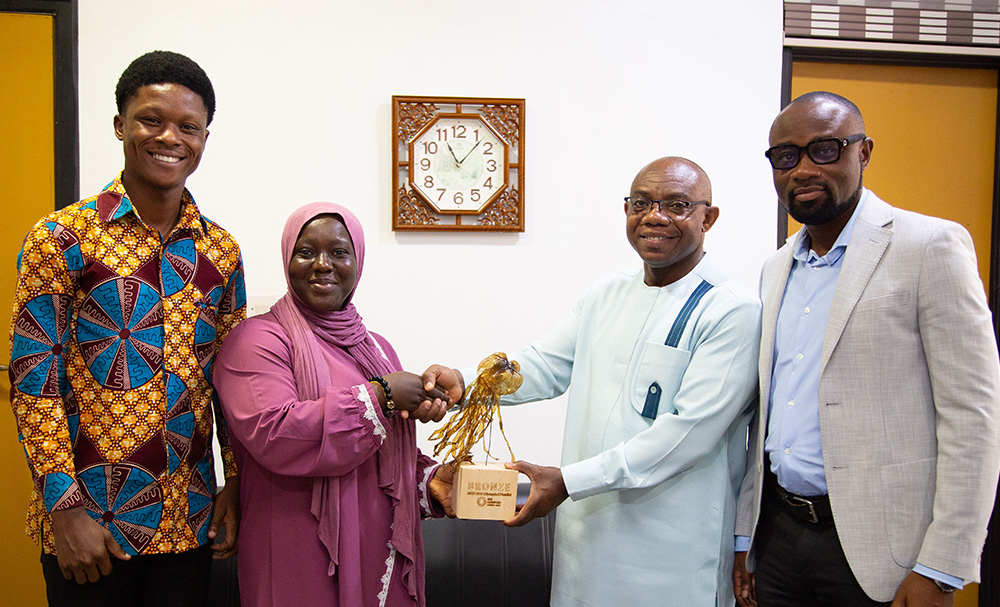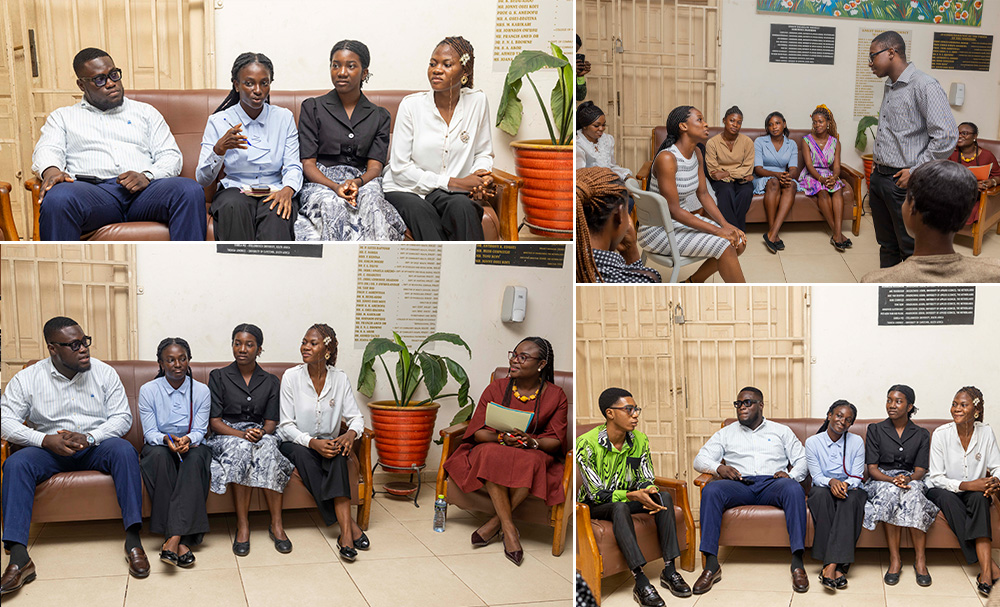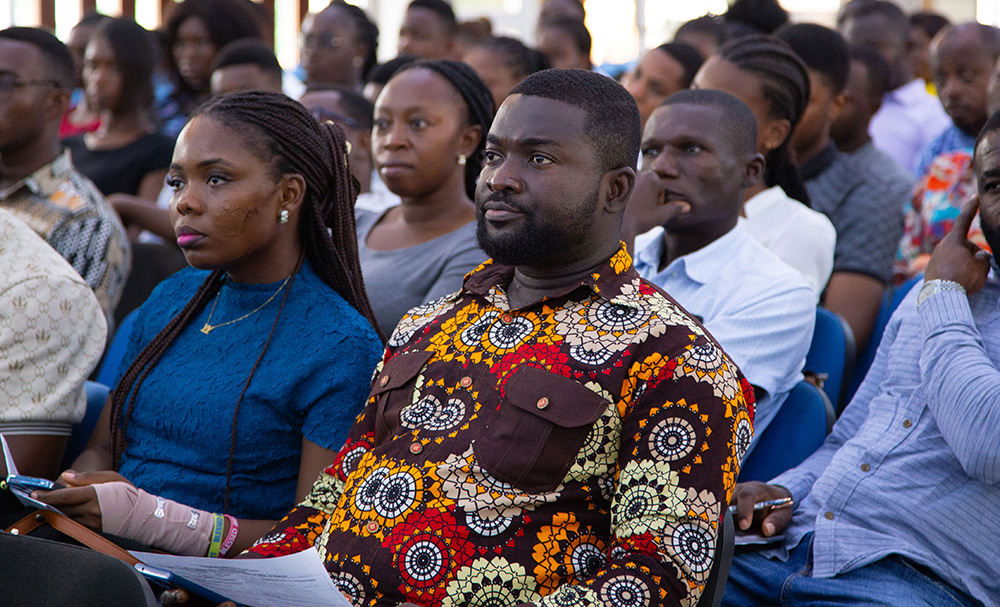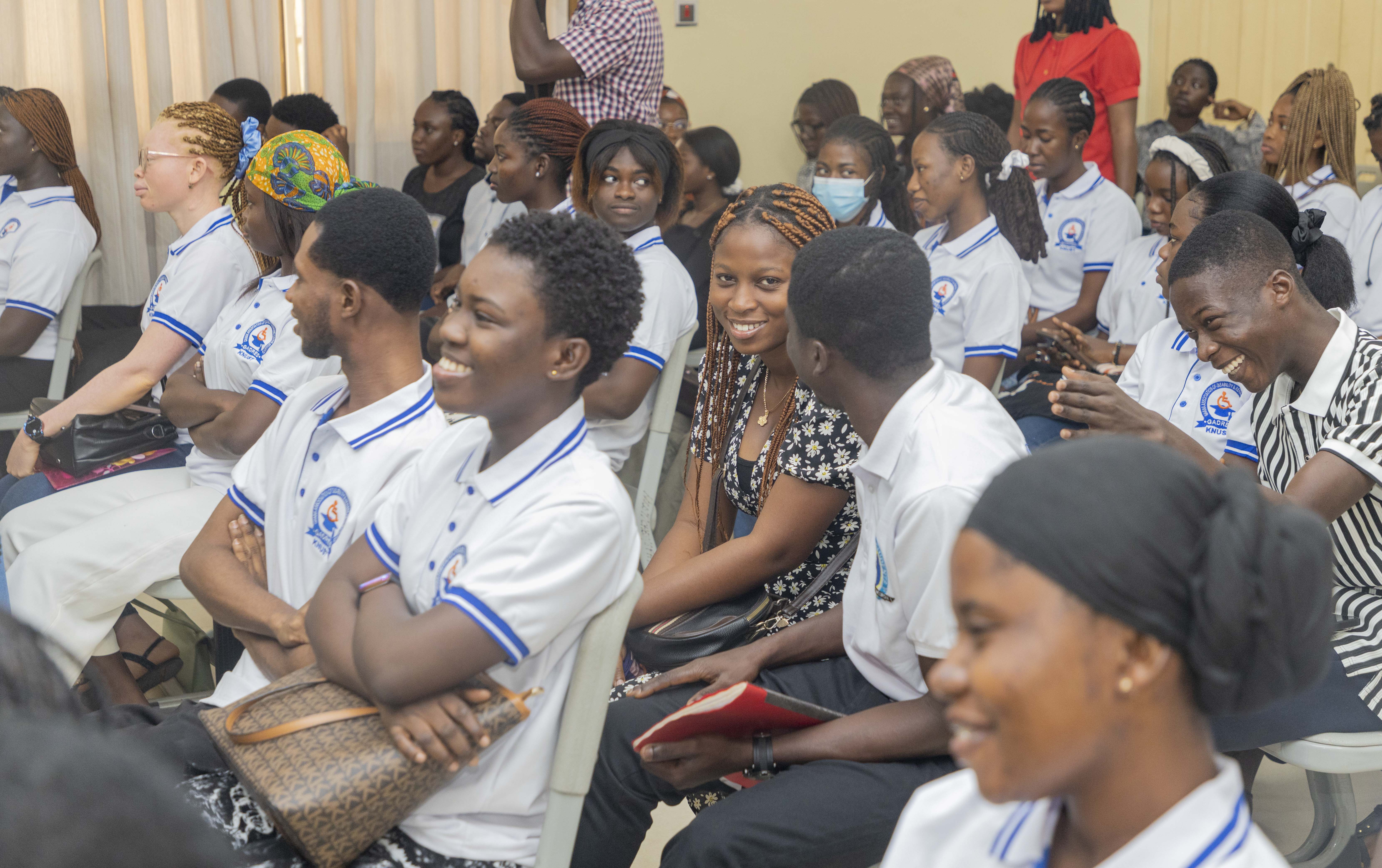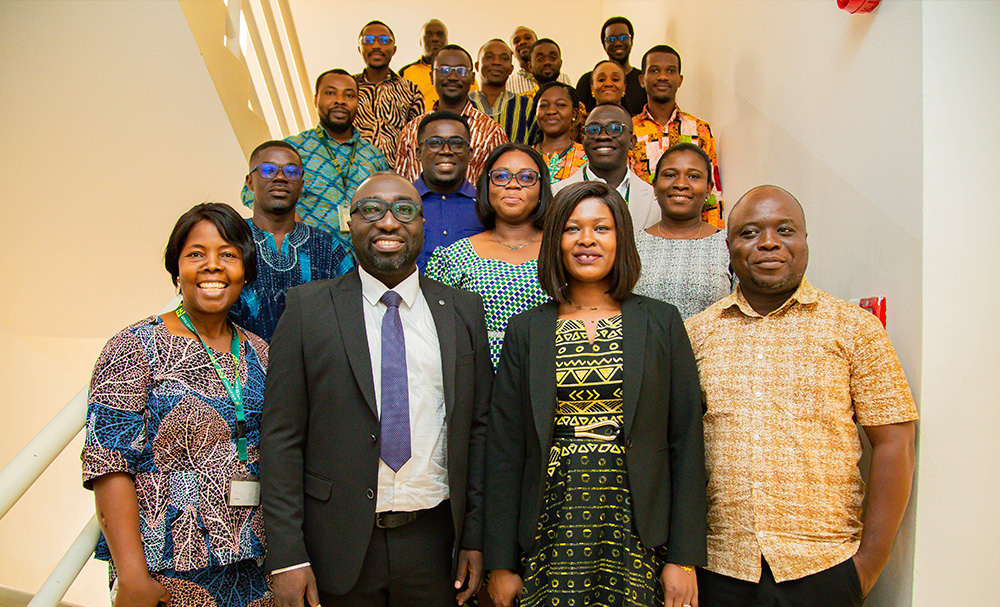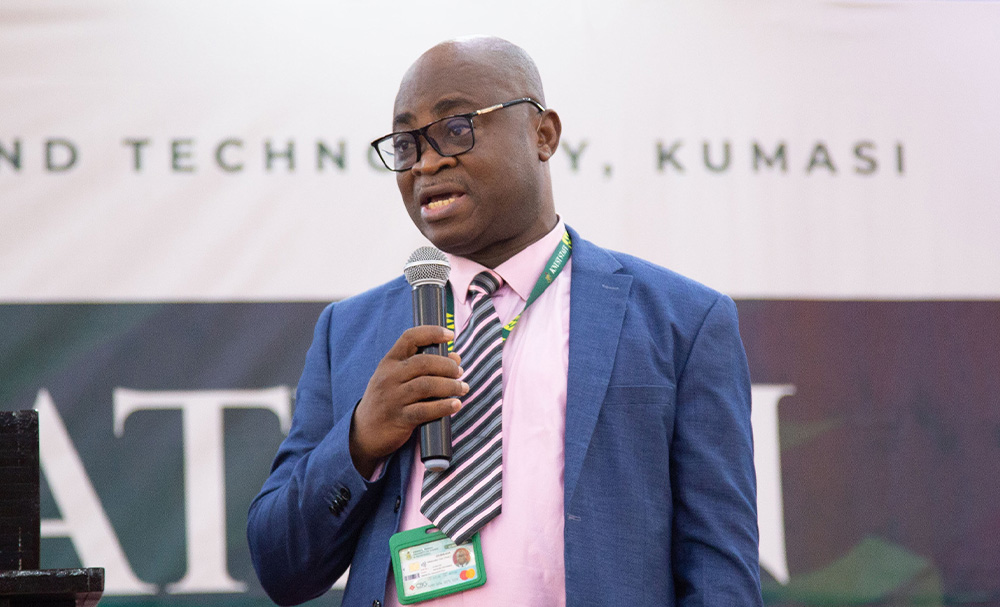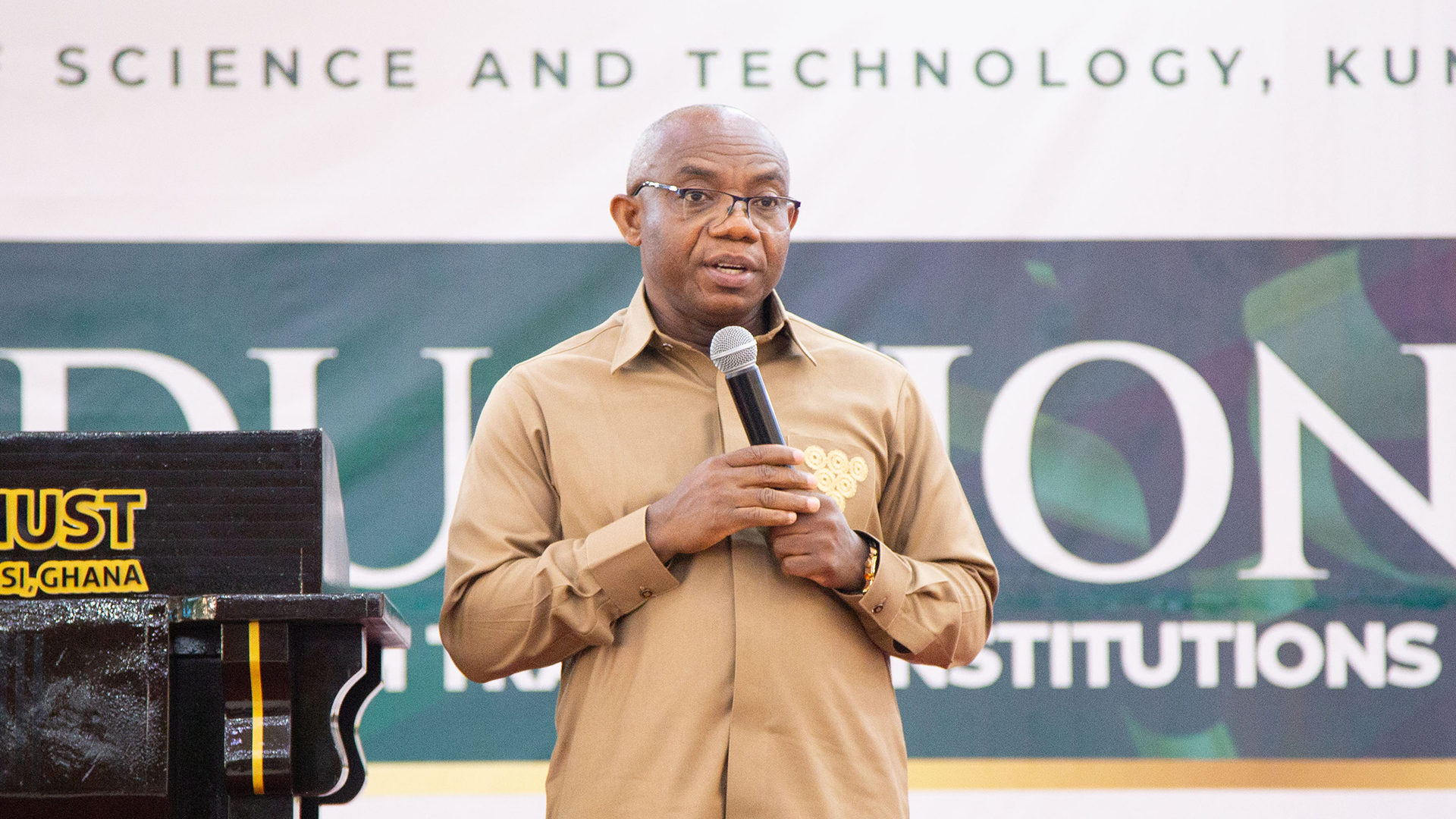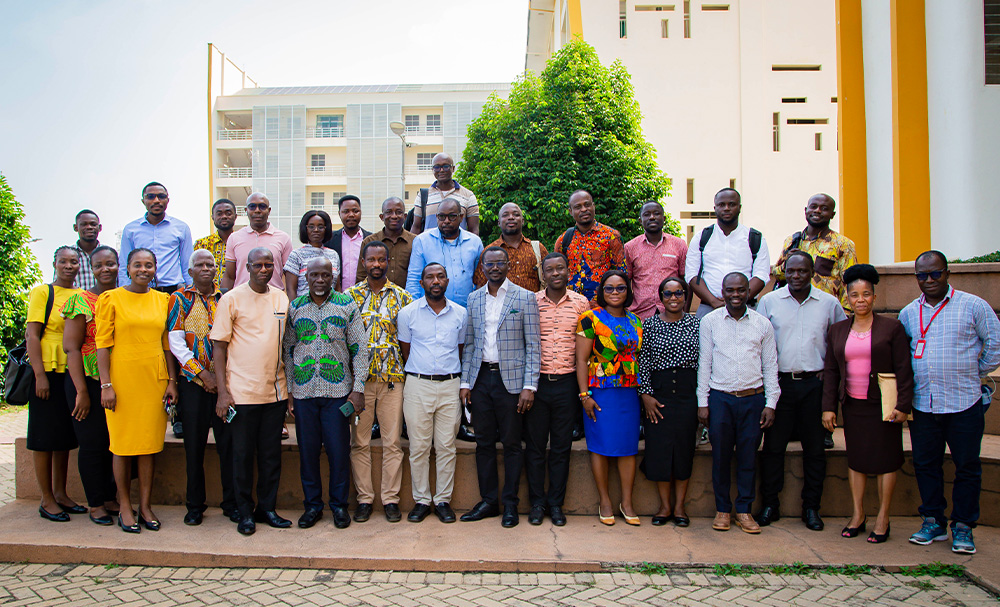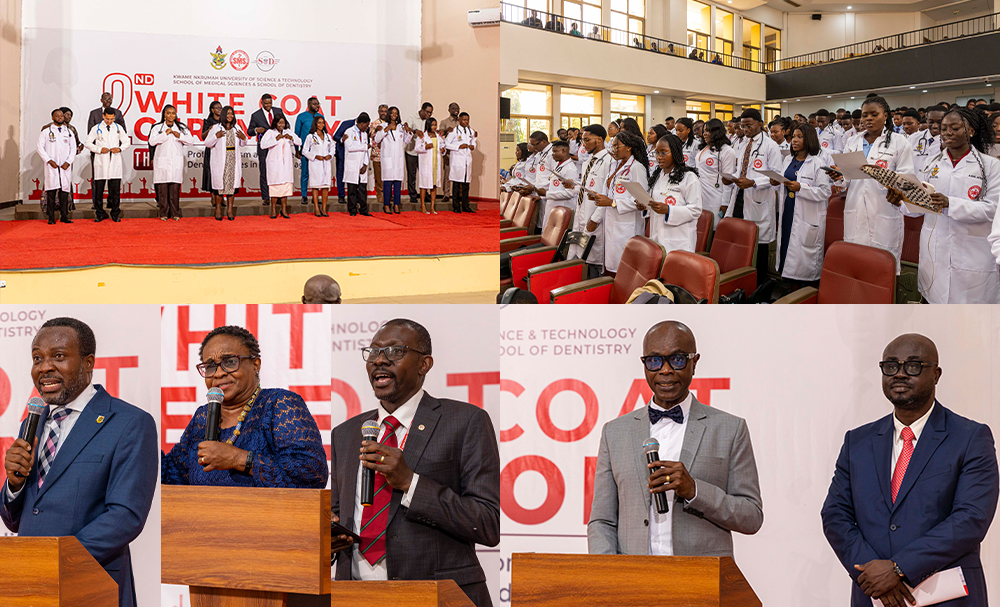KNUST Research Week: Dr. Nadia Tagoe Highlights Decolonial Lens for Global Health Transformation
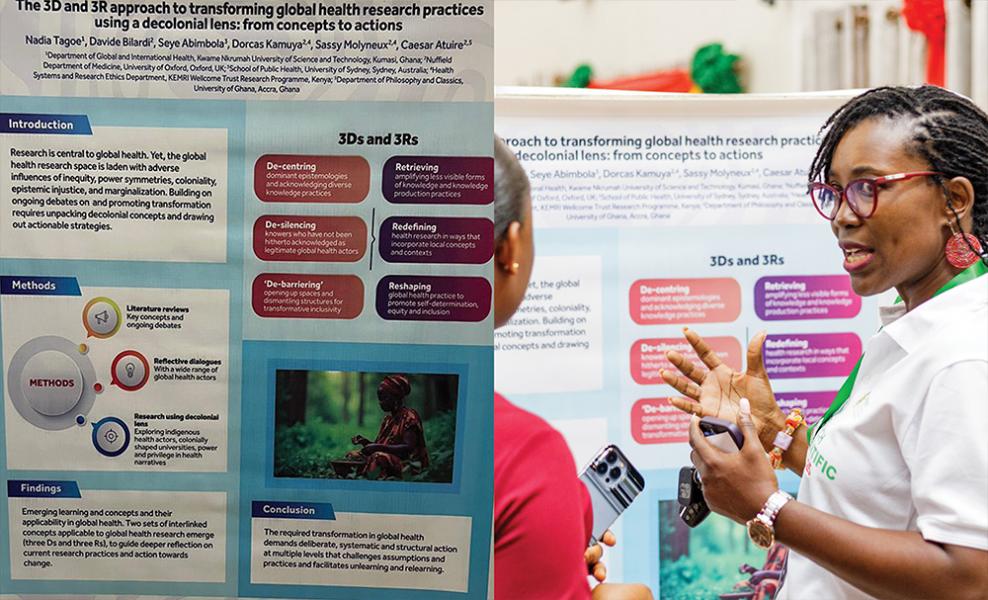
At the ongoing KNUST Research Week and Scientific Conference 2025, Dr. Nadia Tagoe, of the Department of Global Health, presented a study titled “The 3D and 3R Approach to Transforming Global Health Research Practices Using a Decolonial Lens: From Concepts to Actions.”
The presentation explored how applying decolonial thinking can help reshape global health research to become more equitable, inclusive, and responsive to local contexts.
“Over the years, there have been calls to make global health more equitable,” Dr. Tagoe noted. “During the COVID-19 pandemic, for instance, issues of vaccine access exposed deep-seated disparities. Our team wanted to look at these challenges through a decolonial lens and identify ways to promote fairness and inclusion.”
The framework she introduced, referred to as the 3Ds and 3Rs called for Decentring, De-silencing, and De-barriering while also Retrieving, Redefining, and Reshaping global health practices.
It encourages the inclusion of diverse knowledge systems, amplifies historically silenced voices, and integrates indigenous and community-based perspectives into research and policy.
“This framework can be validated and applied to transform global health systems and make them more equitable,” she explained.
“It’s about unlearning and relearning what health means and allowing communities to define well-being and success for themselves.”
The study was conducted in collaboration with researchers from the University of Oxford, the University of Sydney, and the KEMRI–Wellcome Trust Research Programme in Kenya, with support from the Wellcome Trust.
